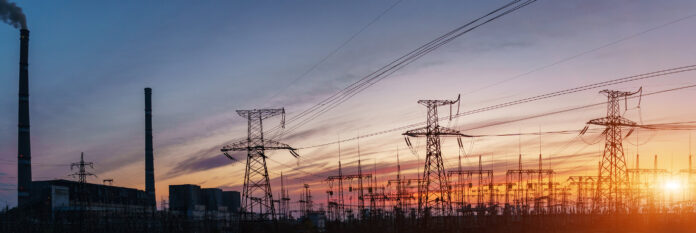The Buhari administration in the Republic of Nigeria has announced that “poor and vulnerable” Nigerians will be exempted from an increment in electricity tariff.
President Muhammadu Buhari, last Tuesday, approved the implementation of the proposed cost-reflective energy tariff for the Nigerian Electricity Supply Industry (NESI), but said residential areas classified as “poor” will not be affected.
A statement signed by James Momoh, chairman of the Nigerian Electricity Regulatory Commission (NERC), on Wednesday, confirmed that the new tariff regime will exempt those who consume 50kW or less.
The NERC chairman added that customers on estimated billing will not also be affected as the president has ordered mass metering of consumers across the country.
“NERC wishes to clarify that tariff reviews going forward will only follow service-based principles. Under these service-based principles DisCos will only be able to review tariff rates for customers when they consult with customers, commit to increasing the number of hours of supply per day and quality of service,” Momoh said.
“In all cases poor and vulnerable Nigerians will not experience any increase. In line with these expectations, DisCos are directed to engage with their customers on a Service Based Tariff structure,” he said.
Mr. Momoh said DisCos can only review tariffs for customers under the following conditions.
@nercng says No tariff raise for poor and vulnerable Nigerians; DisCos directed to embark on mass metering. @MobilePunch @NTANewsNow @channelstv @DailyPostNGR @vanguardngrnews @ProfOsinbajo @LeadershipNGA @THISDAYLIVE @BusinessDayNg @KapitalFM @asoradiotvabuja @yawazobiafm pic.twitter.com/Gfz5DpVxab
— NERC Nigeria (@NERCNG) August 26, 2020
“Customers are consulted and communicated a guaranteed level of electricity service by the DISCOs based on hours of supply; customers are metered; no estimated billing through the strict enforcement of the capping regulation.
“This means that unmetered customers will not experience any cost increase beyond what is chargeable to metered customers in the same area. Even under the above conditions, there will be no change in tariff for the most vulnerable as tariffs for those consuming 50KW or less remains frozen.
“Customers receiving less than 12 hours of supply will also not experience any change in tariffs. In addition, the President has directed that there should be a nationwide mass-metering program in an effort by the Federal Government to put a stop to estimated and arbitrary billing for electricity.”
In January, NERC had announced that there would be an upward review of electricity tariffs across the country from April 1.
However, it directed electricity distribution companies (DisCos) to suspend the proposed tariff increase in March as a result of the COVID-19 pandemic.
Source:www.energynewsafrica.com
















